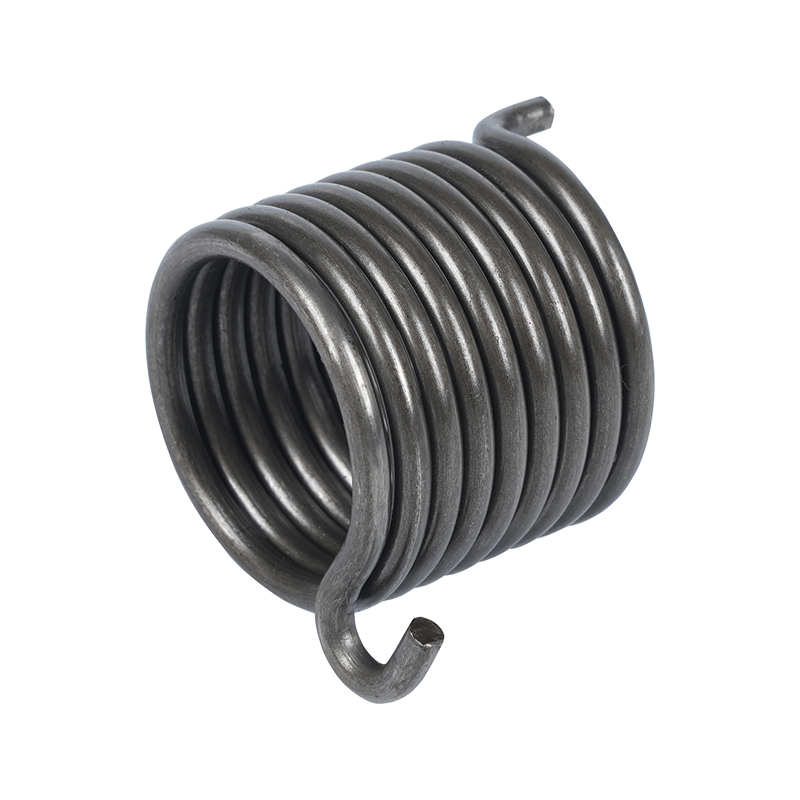Wire forming processing customization process.
Wire forming is a process in which wire (usually metal wire) is manufactured into parts of specific shapes and sizes through various forming processes. Wire forming is widely used in various industrial fields, such as automobiles, electronics, furniture, construction, etc. The following is the general process of wire forming processing customization:
1. Demand Analysis: Communicate with customers to understand the specific requirements of the required products, including shape, size, material, quantity, etc.
2. Design: Based on the results of demand analysis, design the drawings and mold design of wire molding products.
3. Material selection: Select appropriate wire materials, such as stainless steel, carbon steel, copper, aluminum, etc., to meet the performance requirements of the product.
4. Wire Preparation: Cut the wire to the required length and perform surface treatment, such as oil removal, rust removal, etc.
5. Forming processing: Use wire forming machines (such as pipe benders, wire bending machines, etc.) to bend, twist, curl, and other forming operations on the wire.
6. Welding: If the design contains welding parts, welding operations will be performed, which may include spot welding, seam welding, etc.
7. Trimming: Trim the formed wire to remove burrs, sharp edges, etc.
8. Inspection: Inspect the size, shape, and appearance of the formed wire products to ensure they meet the design requirements.
9. Surface treatment: Surface treatment is performed on wire products as needed, such as electroplating, spraying, polishing, etc.
10. Assembly: If the product consists of multiple molded parts, assembly is required.
11. Final Inspection: After assembly is completed, a final comprehensive inspection is conducted to ensure product quality.
12. Packaging: Properly package the product to protect it from damage during transportation.
13. Shipping: Customized wire molding products will be shipped according to customer requirements.
14. After-sales Service: Provide necessary after-sales services, such as product installation guidance, maintenance suggestions, etc.
The entire process requires strict quality control and meticulous process management to ensure that the final product meets customer needs.
Wire forming is a versatile process integral to manufacturing across diverse industries. It involves transforming metal wire into custom parts through a series of specialized techniques. The process of wire forming begins with meticulous demand analysis, where customer specifications for shape, size, and material are carefully reviewed. Designs and molds are then crafted to exacting standards to facilitate precise production.
Material selection is crucial, with options ranging from stainless steel to copper, tailored to meet stringent performance criteria. Wire preparation follows, involving cutting to precise lengths and surface treatments like rust removal to ensure material integrity. Using specialized machinery such as wire bending machines and pipe benders, the wire undergoes bending, twisting, and other forming operations, defining its final shape.
Welding processes are integrated where necessary, employing techniques like spot welding to join components seamlessly. Trimming operations then refine the product, eliminating imitations such as burrs and sharp edges. Comprehensive inspections at various stages verify dimensions, shapes, and overall quality, maintaining adherence to design specifications.
Surface treatments such as electroplating or polishing further enhance product durability and aesthetic appeal. For products comprising multiple components, assembly procedures ensure seamless integration. Final inspections validate product integrity before meticulous packaging to safeguard against damage during transit.
Customized wire molding products are shipped per customer requirements, supported by essential after-sales services such as installation guidance and maintenance advice. Throughout this intricate process, stringent quality controls and meticulous process management uphold the high standards of product excellence.
Metal plate custom complements wire forming processes, expanding capabilities in fabrication to meet diverse industrial demands. Integrating advanced technologies and precise craftsmanship, these processes underscore innovation and reliability in modern manufacturing practices.


 English
English русский
русский Español
Español











